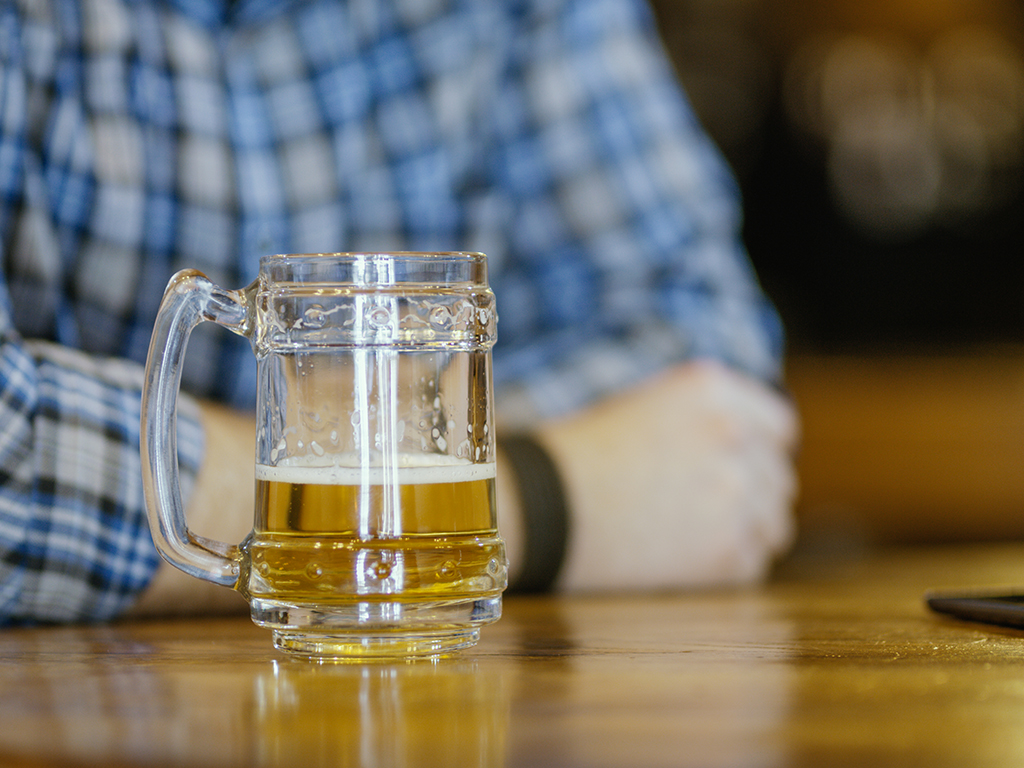People who live in a colder climates tend to be heavier drinkers and are more likely to suffer from alcohol-related illness, a new global study reveals.

According to data collected from nearly 200 countries including Canada and the United States, folks who live in places with colder average temperatures and less sunlight are more likely to binge-drink alcohol largely because it helps create heat in the body, the study suggests.
WATCH BELOW: Any amount of alcohol is not safe to drink: study

“We consistently found that sunshine hours and especially temperature have an impact on alcohol consumption and, even more importantly, on the percentage of drinkers among a population,” the authors of the study wrote in the journal Hepatology.
The researchers, who analyzed findings from multiple databases including the World Health Organization and the World Meteorological Organization, also concluded that cold-weather drinkers are more likely to develop alcoholic cirrhosis due to their consumption habits.
READ MORE: Alcohol is killing Canadians, so why are we still drinking?
But according to Dr. Timothy Stockwell, director at the Canadian Institute for Substance Use Research and a professor at the University of Victoria, the relationship between cold weather and alcohol is more complex than the study suggests.

Get weekly health news
Correlation and causation are two different things, he pointed out.
“I have no doubt there is an association, but I’m not as convinced it’s as simple as saying when we are cold we want to drink more alcohol,” Stockwell told Global News. “I think there’s other explanations that need to be explored before we take this conclusion.”
While the study did acknowledge things like religion and cultural beliefs affecting global levels of alcohol consumption, economic factors need to be considered in greater detail, Stockwell said.
WATCH BELOW: Cannabis is safer for long-term consumption than alcohol: expert

Stockwell, who studied alcohol consumption in Australia for many years, also said that people in rural areas of developed countries tend to drink more than those in urban areas. This is common across all climates — not just cold ones.
“In colder remote areas, you’re getting people drinking more just because that’s what people in rural areas do, not because it’s freezing cold,” he said. “It could be scorching hot and you’d get the same effects.”
READ MORE: Why you can be ‘blackout drunk’ and not even know it
While the study’s findings do shed light on alcohol and its associated risks in certain parts of the world, it’s important to note that binge drinking anywhere, for whatever reason, will harm your health regardless.
The main difference between getting drunk in a cold place vs. a warm one is the potential type of alcohol-related injury or death one may endure, Stockwell said.
In colder countries like Russia or Canada, Stockwell said people can get so drunk they collapse outside and freeze to death, whereas in hot places like Australia, people can pass out in the sun and die of heat exposure.








Comments
Want to discuss? Please read our Commenting Policy first.